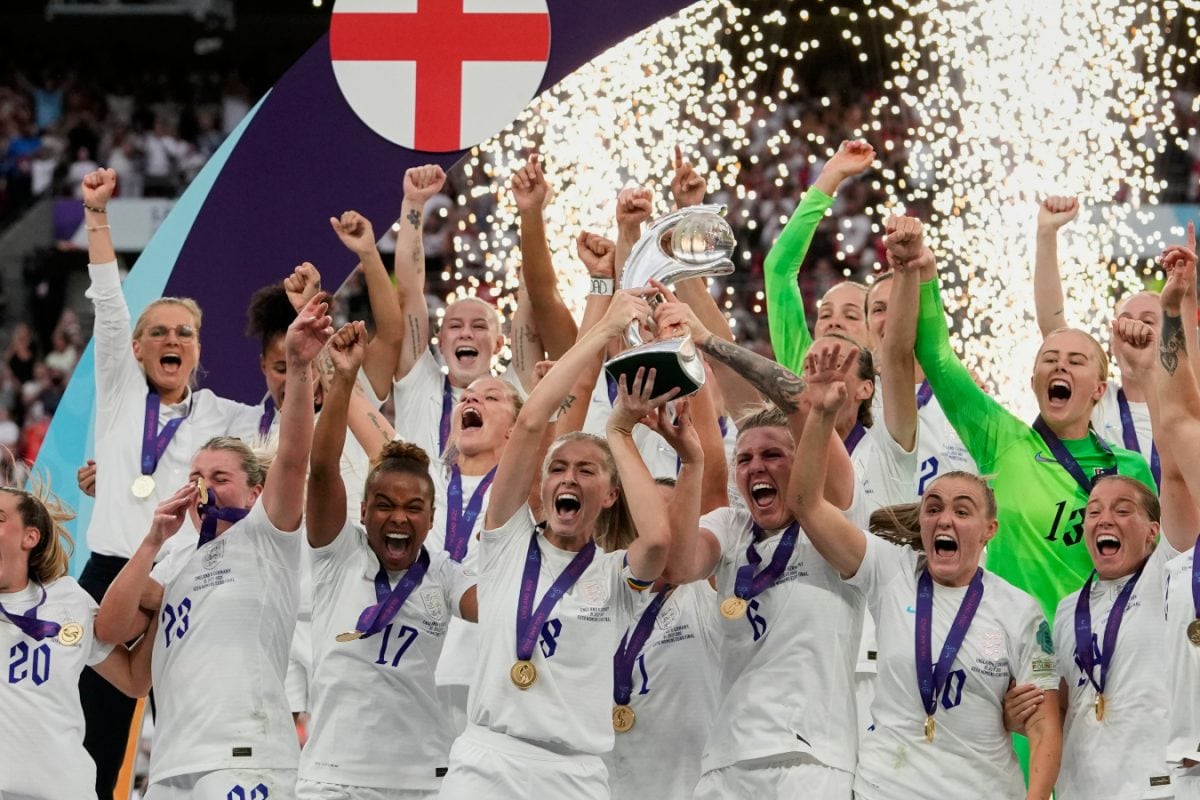

The UEFA Women's Euro 2025 is the 14th edition of the UEFA Women's Championship, a quadrennial international football tournament organized by UEFA for the women's national teams of Europe. Switzerland will host the tournament from July 2 to July 27, 2025. This will be the third time that 16 teams will participate. The tournament returns to its usual four-year cycle after the previous edition was delayed to 2022 because of the COVID-19 pandemic. England won the 2022 tournament and is the defending champion.
Host Selection and Venues Applications to host the tournament were submitted in August 2022, and the final submissions were made in October 2022. On April 4, 2023, in Lisbon, the UEFA Executive Committee selected Switzerland as the host country.
The matches will be held in eight cities across Switzerland: Basel, Bern, Geneva, Lucerne, Sion, St. Gallen, Thun, and Zurich. The opening match and the final will be held in Basel. Lausanne was initially proposed as a venue but later withdrew to focus on hosting the 2025 Swiss Federal Gymnastics Festival. The schedule divides the venues into two geographical clusters: Bern, Geneva, Sion, and Thun in the west zone, and Basel, Lucerne, St. Gallen, and Zurich in the east zone.
Qualification All 55 UEFA national teams were eligible to enter the competition by March 23, 2023. The competition includes participation in the inaugural 2023–24 UEFA Women's Nations League and UEFA Women's Euro 2025 qualifying. Fifty-one teams entered the qualifying competition. Russia was not allowed to enter due to their suspension from UEFA and FIFA competitions following their country's invasion of Ukraine. Gibraltar, Liechtenstein, and San Marino also did not enter.
The European Qualifiers began on April 5, 2024, after the 2023–24 Women's Nations League. The qualifiers have a league stage and final tournament play-offs. The league stage is in the same format as the UEFA Women's Nations League, with teams split into three leagues: League A (16 teams), League B (16 teams), and League C (19 teams). A team's starting league position was based on the results of the preceding Women's Nations League. Promotion/relegation matches in February 2024 determined the final composition of each league.
Teams compete in groups of four (Leagues A and B) and four or three teams (League C). The top two teams in each League A group qualify directly for the finals, along with hosts Switzerland. The remaining seven spots are decided by two rounds of play-offs.
Format
The 16 teams will be divided into four groups of four. The top two teams from each group will advance to the knockout stage, which includes quarter-finals, semi-finals, and the final. A minimum of three rest days are guaranteed for every team between matches. Each qualified team plays their quarter-final in the same cluster as their group matches.
Match Schedule
The tournament kicks off on July 2 with the opening group games, including Switzerland vs. Norway and Iceland vs. Finland. The final will be played on July 27 in Basel. The schedule guarantees at least three rest days for each team between matches. The opening game and all knockout stage matches will be played in the four stadiums with the highest capacity. The total capacity for the tournament is around 725,000 seats.
Fan Zones and Activities
Several fan zones will be set up in the host cities, including Basel, Bern, Geneva, Lucerne, St. Gallen, and Thun. Zurich will have a fan zone in Europaallee, featuring large screens for watching matches. Geneva will host a Sports Village from July 9 to 27, celebrating women in sport with football demos, workshops, sports try-outs, and e-Sports tournaments.